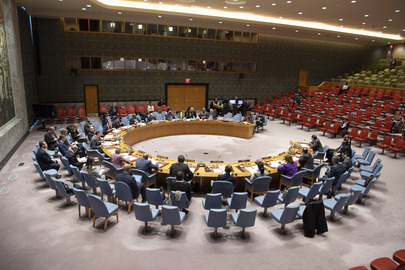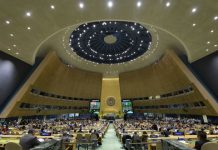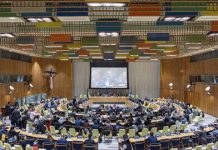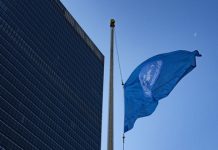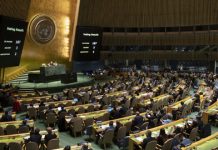“No child should be put at risk while pursuing an education,” UNICEF said, stressing that classrooms must remain places of safety, not fear.
According to local reports, one of the abducted schoolgirls managed to escape and is now safe, while another student who was not taken also fled during the incident.
UNICEF extended condolences to the affected families, voiced solidarity with the community, and wished a full recovery to the injured.
Call for protection
The agency underlined that students, teachers and education facilities must be protected from all forms of violence, in line with international humanitarian and human rights law. It urged accountability for those responsible, in accordance with national and international standards.
Nigeria endorsed the Safe Schools Declaration in 2015, committing to protect the civilian character of education facilities and ensure safe access to learning during conflict.
The Declaration, launched at the First International Conference on Safe Schools in Oslo, Norway, seeks to reduce attacks on education and safeguard learning environments worldwide.
UNICEF said it continues to work closely with government partners, civil society and communities to strengthen child protection systems and promote safe, inclusive learning spaces across the country, stressing that stronger safeguards can help prevent future tragedies.
Abductions impede learning
Attacks on schools and the abduction of students remain a major barrier to learning in Nigeria. A UNICEF report released last year to mark 10 years since the notorious Chibok kidnappings found that only 37 per cent of schools across 10 states have early warning systems to detect threats, including violence and armed attacks.
The Minimum Standards for Safe Schools (MSSS) Monitoring Report revealed sharp disparities in safety across six core areas: school governance, violence prevention, natural hazards, conflict, everyday risks and safe infrastructure.
The findings underscored that ensuring all Nigerian children can learn without fear remains an urgent and unfinished task.
UNICEF reiterated that education is a fundamental right and insisted that protecting children, teachers and school infrastructure must remain a national and global priority.
Source of original article: United Nations (news.un.org). Photo credit: UN. The content of this article does not necessarily reflect the views or opinion of Global Diaspora News (www.globaldiasporanews.net).
To submit your press release: (https://www.globaldiasporanews.com/pr).
To advertise on Global Diaspora News: (www.globaldiasporanews.com/ads).
Sign up to Global Diaspora News newsletter (https://www.globaldiasporanews.com/newsletter/) to start receiving updates and opportunities directly in your email inbox for free.


